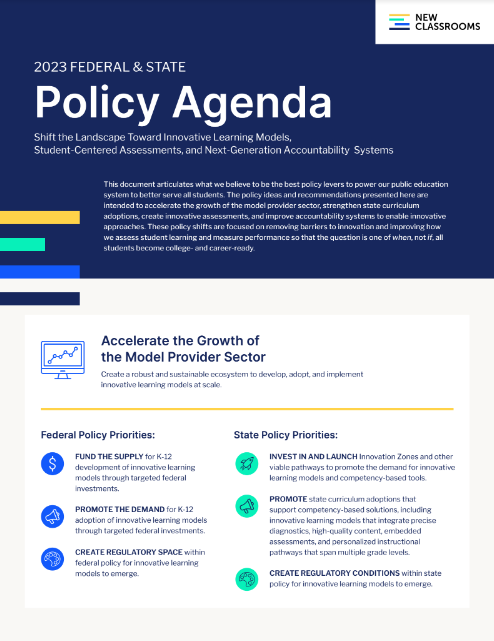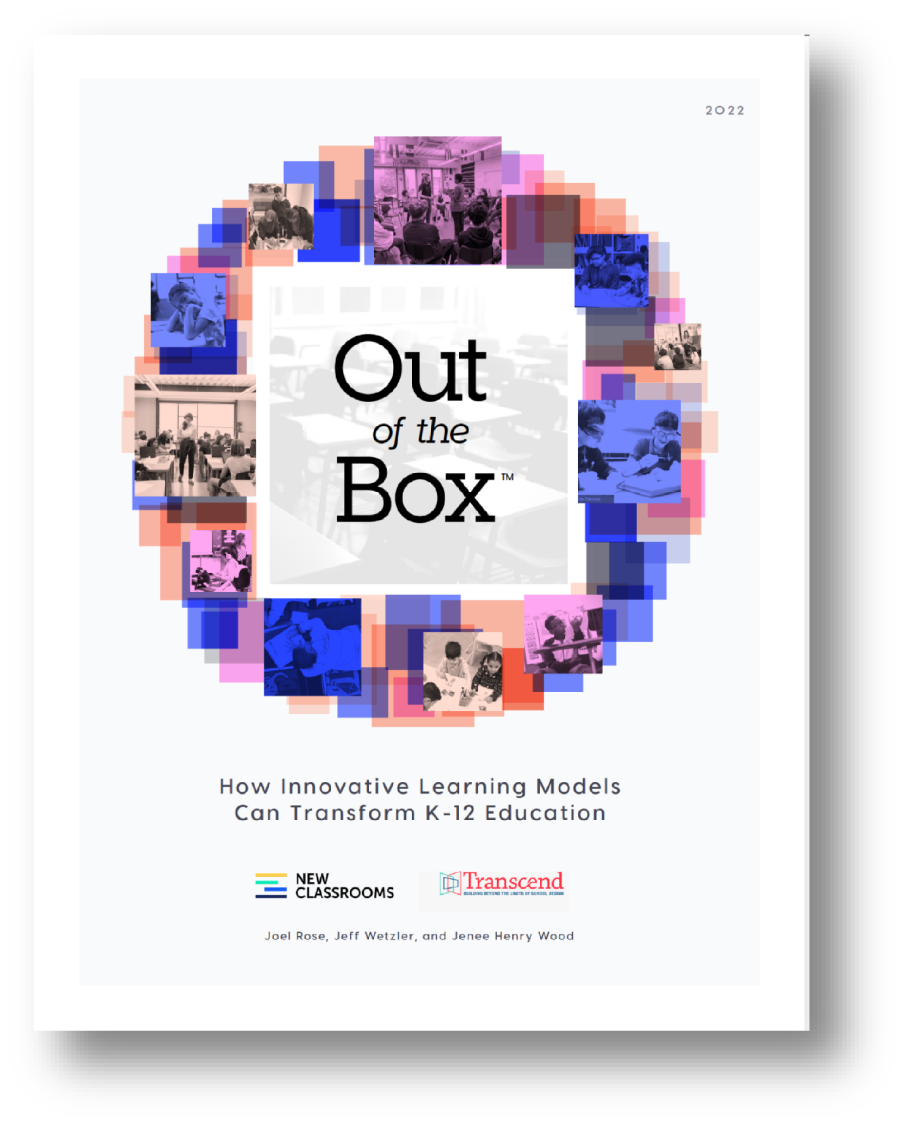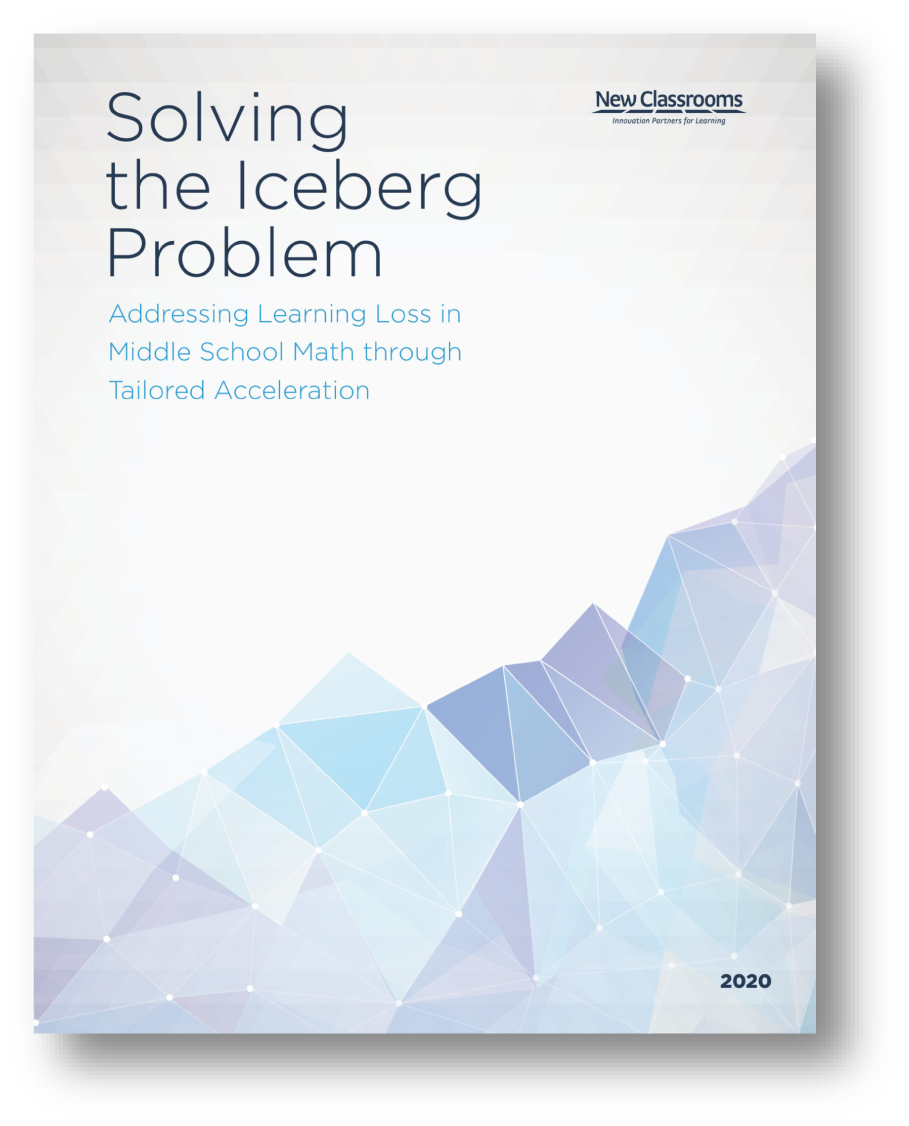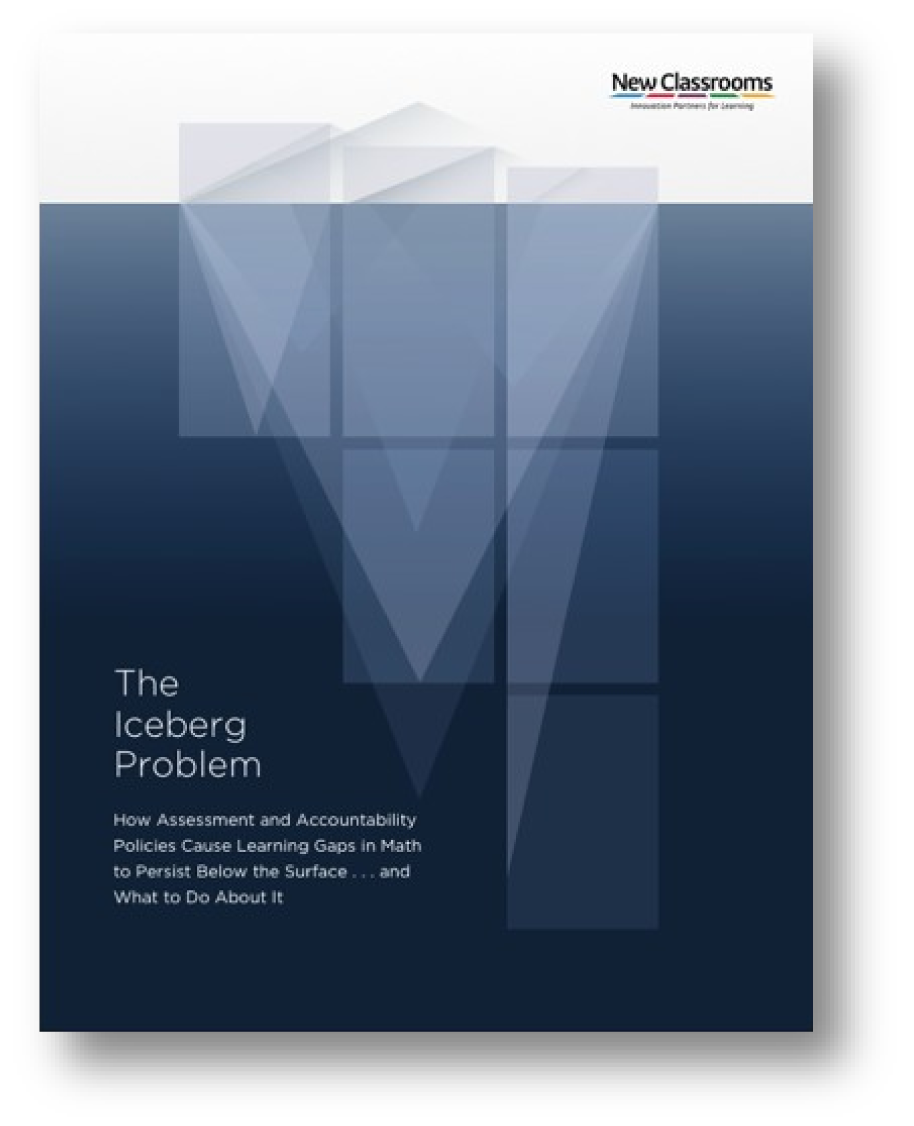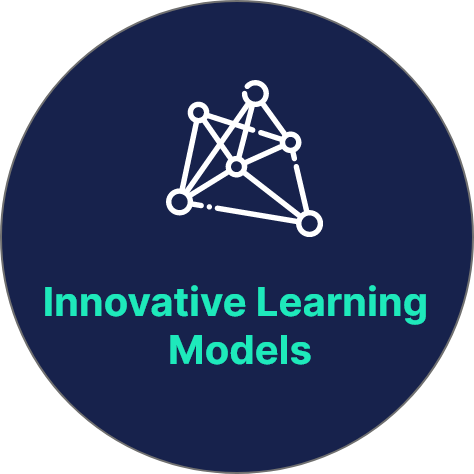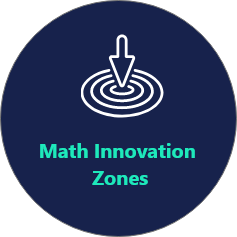Policy & advocacy
We support and advocate for policies that truly enable schools to meet the unique strengths and needs of each student.
We’re actively engaged in building capacity for innovative learning solutions, supporting demand, and creating space for new approaches to teaching and learning.

Advancing a vision
For more than 100 years schooling has consisted of one teacher and 30 or so same-aged students all learning the same thing at the same time. Efforts to improve student outcomes, whether based on the adoption of standards, improved teacher quality, the use assessment and accountability, or other approaches, have left the current educational delivery model largely untouched.
We believe it is time for new learning models to emerge that break free of the inherent constraints of the traditional educational delivery model. This requires the design and widespread adoption of new learning products and models that thoughtfully integrate the talents of teachers and the power of modern technologies so each and every student can thrive.
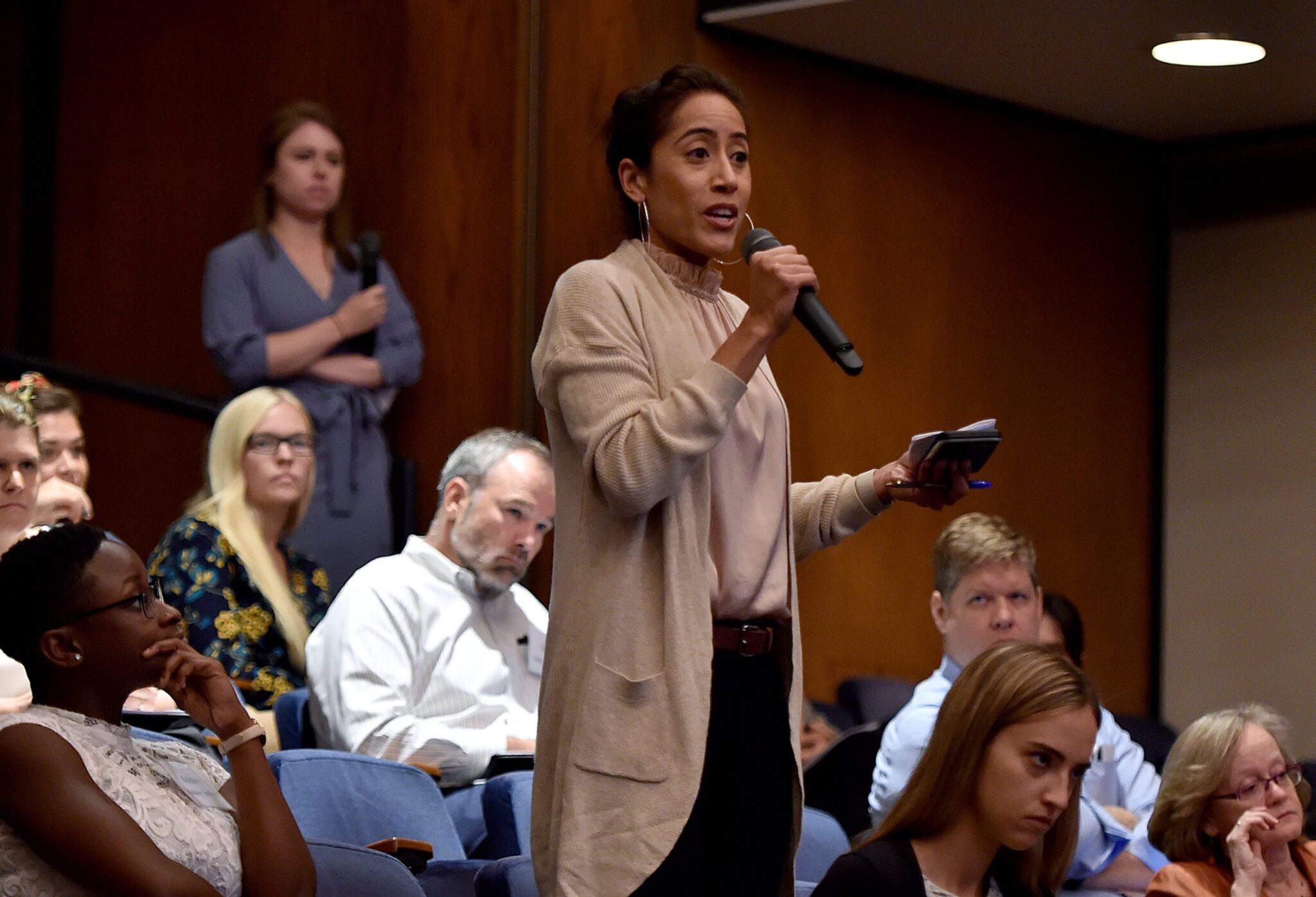
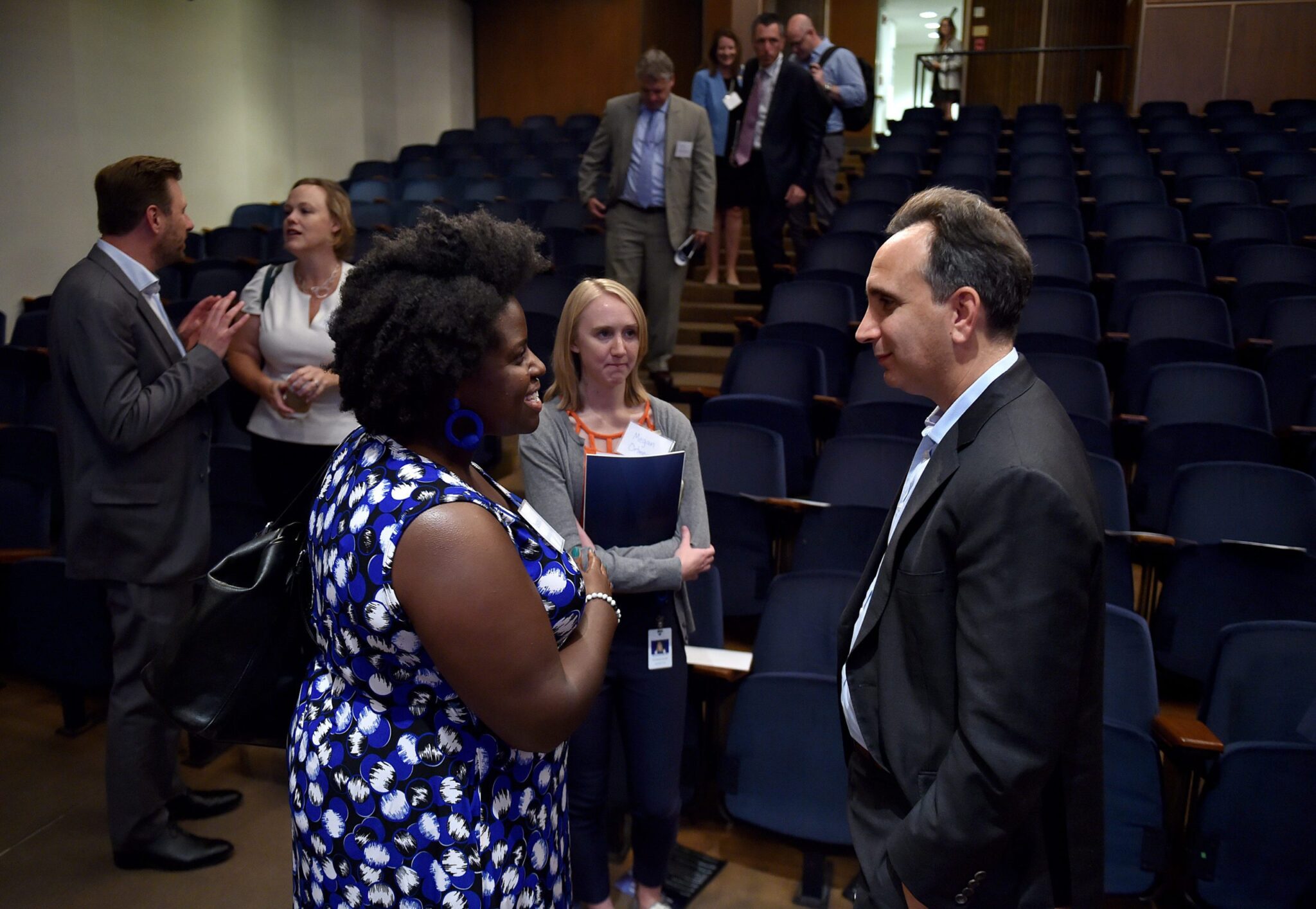
Building capacity
While transformative research and development (R&D) is what drives progress in industries such as healthcare, energy, and defense, it is notably absent in the K-12 sector.
That’s why bold, new approaches to teaching and learning require thoughtful R&D focused on the design of innovative learning models that replace the use of traditional textbooks in schools. These models reimagine the use of classroom time, talent, and technology so teachers can meet the unique strengths and needs of each student.
How can Congress allocate R&D investment to reimagine school?
Find out.
Supporting demand
The mindsets, expectations, and norms that undergird the current delivery model have built up over decades and are difficult to change. School communities looking to challenge these structures by adopting innovative learning models need policies that give them the freedom, flexibility, and support to do so.
What can policymakers do to support school communities in their adoption of innovative learning models?
Learn about Math Innovation Zones.
Creating space in policy
Long-standing policies around grade-level focused summative assessments and grade-level instructional materials are examples of key barriers that discourage schools from embracing more innovative approaches to instruction.
We advocate for federal and state policies that create the conditions for forward-leaning schools to challenge existing norms and embrace the emergence of innovative solutions.
Learn how the Trump administration (47) can provide bold leadership for K-12 education during its first 100 days here.
- Accelerating the growth of the model provider sector
- Shaping the future of innovative assessments
- Strengthening accountability to enable innovation
Browse our papers
How can Congress allocate R&D investment to reimagine school?
How can policymakers support the adoption of math innovation zones?
What policy levers will enable public education to better serve all students?
How we’re engaging in policy & advocacy
-
 Read More
Read More -




Policy Pulse: From Ideas to Impact: CCSSO’s Imagine More, Our 2023 Policy Agenda, Collaborative Legislative Advances
May 17, 2023 | Michael Watson | New ClassroomsRead More -




Policy Pulse: Federal Funds for Innovative Learning Models, Priorities for the 118th
February 1, 2023 | Michael Watson | New ClassroomsRead More -


Virtual Event — Out of the Box: A Conversation About the Future of School
October 13, 2022 | New Classrooms & TranscendRead More

Stay informed.
Get involved.
Join the dialogue and reimagine education.
